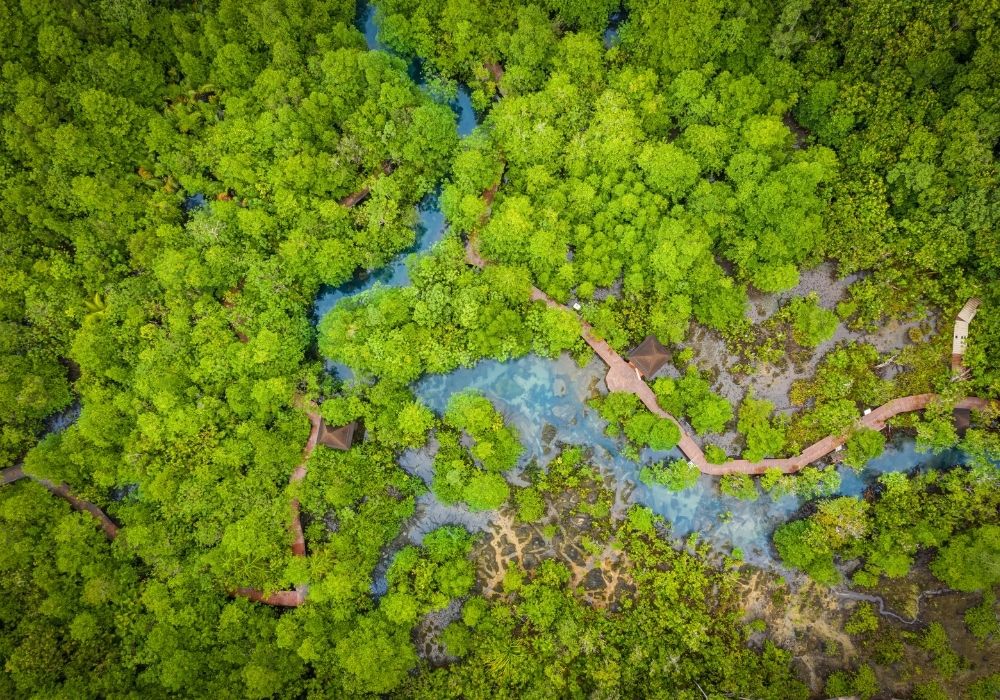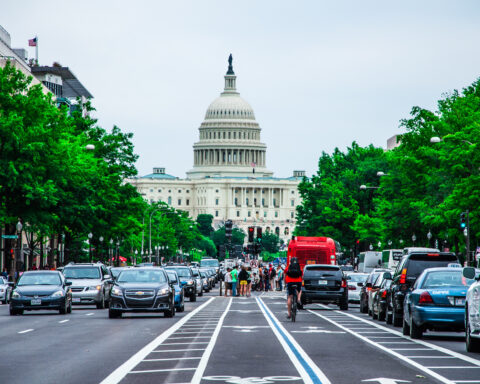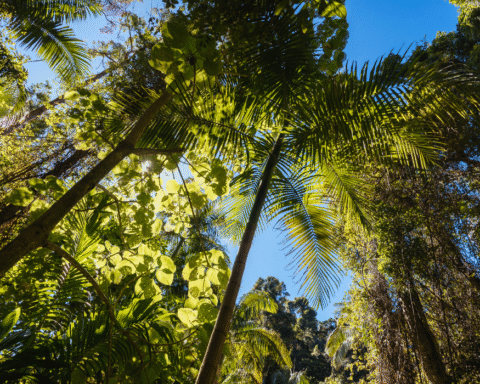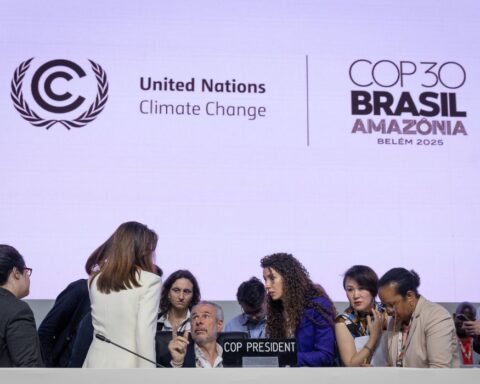While environmental and social sustainability challenges are often viewed separately, they are inherently connected. For Indigenous Peoples, this is especially true. Both their personal safety and conservation efforts are threatened by a lack of formal land titles and legal protection when they try to defend their homes.
In a milestone for Indigenous Peoples’ rights, Brazil’s Supreme Court recently ruled in their favour in a case known as “Marco Temporal” – meaning their rights to ancestral lands were endorsed by the state. This decision follows the landmark summit in Brazil in August, when President Luiz Inácio Lula da Silva brought the leaders of eight nations – including Colombia, Peru and Venezuela – together with thousands of Indigenous activists to hear their hopes and fears concerning the rainforest’s future.
These events provide hopeful opportunities to catalyze action around protecting the world’s forests – the extraordinary biosphere that is home to many Indigenous Peoples. As a UN report highlights, Indigenous Peoples are the ultimate experts when it comes to forest conservation. They have practised it for millennia.
Yet despite this integral role in managing and safeguarding the Amazon rainforest throughout most of the course of human history, Indigenous Peoples are often excluded from talks on how we protect it.
The descendants of these societies are now the communities most severely affected by deforestation and the climate emergency. They are living on the front line of our ecosystems – with their unique insights into how to turn the situation around often going unheard. It is crucial that we respect their knowledge, culture and rights – especially considering that they own, occupy or use about a quarter of the world’s land.
The corporate world has a key role to play in raising Indigenous voices and creating a forest-positive world. A large proportion of consumer brands and retailers rely on forest ecosystems to provide essential commodities – like paper, pulp and packaging – while millions of the people employed in the global supply chains of consumer goods companies live and work in forests.
Companies should be integrating social obligations into their forest commitments, particularly in terms of any potential changes of land use that would affect Indigenous Peoples and local communities. Respect for their ancestral lands must go hand in hand with an open and inclusive approach that aims to protect their culture and improve their livelihoods.
Every business in global supply chains should make the same commitment. Companies should ensure not only that the products they source from suppliers are forest positive, but that all the products the suppliers create are forest positive too.
That means putting Indigenous Peoples at the heart of all forest-based products and commodities. We must put in place policies and actions that advance respect for Indigenous Peoples and local communities’ rights.
At The Consumer Goods Forum, we are striving to ensure that all businesses prioritize the rights of Indigenous Peoples and work closely with them to protect the world’s forests – through our Forest Positive and Human Rights Coalitions of Action.
As some of the world’s largest consumer goods retailers and manufacturers, our members are committed to collaborating with Indigenous communities, peers, supply chain partners, government bodies and civil society organizations to stop the collapse of the world’s forests.
There is no more time to waste. New scientific research from Rutgers University adds to the growing number of studies outlining that the escalating climate crisis risks turning vast tracts of the Amazon rainforest into dry grassland.
Let’s not forget that the world’s greatest forest stabilizes the global climate. Its loss would result in unprecedented volumes of carbon dioxide being released into the atmosphere and prove catastrophic for us all.
The way forward is to listen to Indigenous Peoples, the original guardians of the forest.
Didier Bergeret is sustainability director at The Consumer Goods Forum







